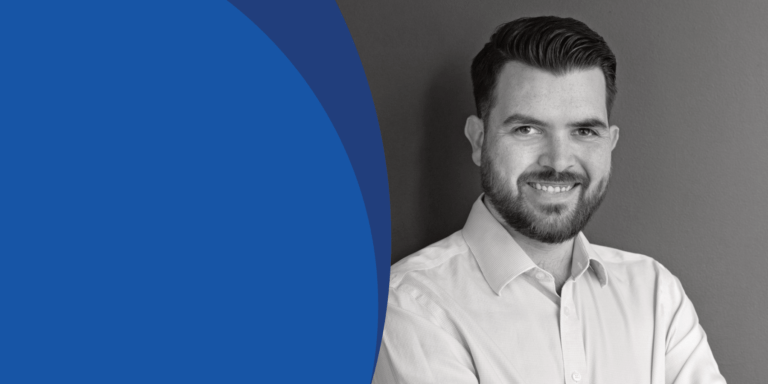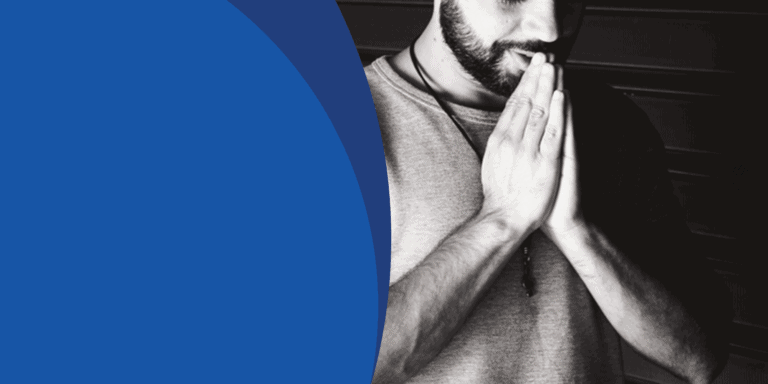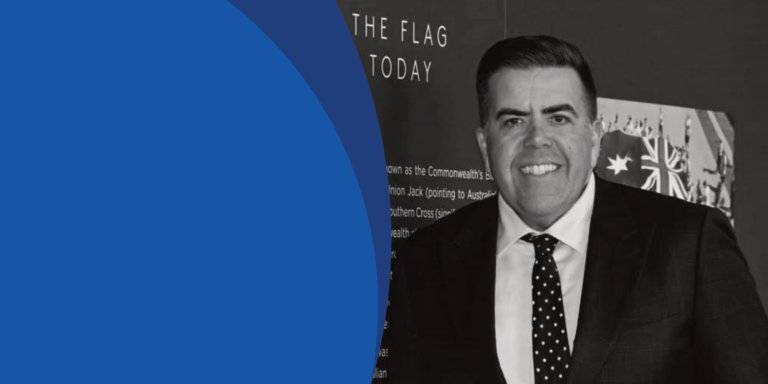
Liberal Party “saved the Lord’s Prayer” in state parliament, says Victorian MP
A senior Victorian Liberal member of parliament has boasted that his party “saved the Lord’s Prayer” from being removed from the state parliament. In a speech
In local councils and parliaments across Australia, exclusively Christian prayers are recited to open official proceedings.
In the national parliament and in all state parliaments, elected representatives are asked to stand for the Lord’s Prayer at the opening of every day in the House of Representatives and the Senate.
At the local government level, the practice varies. Some councils begin with a version of the Lord’s Prayer or other prayers that commit councillors to work for the ‘glory of God’. Others invite local religious ministers into meetings to deliver a sermon and a prayer. At the Redlands City Council in Queensland, some sermons have lasted up to 10 minutes.
Government meetings should be inclusive and welcoming for everyone. Governments should not have favourite religions.
Reciting a Christian prayer at the start of meetings is exclusionary. It means that many elected representatives, staff members, and members of the public who do not belong to the favoured religion are made to feel unwelcome, excluded, and like second-class citizens.
Government institutions are supposed to represent and serve all Australians. They should be promoting inclusiveness and be welcoming of all people. No one should be made to feel like they don’t belong in a government institution in Australia just because of their religious or non-religious beliefs.
Privileging one religion is especially problematic. The Australian community is diverse and made up of people who adhere to a great variety of religious belief systems and people who, increasingly, identify as not religious.
In regard to prayers in local councils, a peer-reviewed legal analysis published in the Alternative Law Journal in 2021 concluded the practice of local councils incorporating prayers into their formal meetings was unlawful.
We know many MPs and Senators in the federal parliament are opposed to the recital of prayers in parliament, choosing to wait outside the chambers while the prayer is recited rather than be forced to participate in a ritual against their values and beliefs.
In 2018, the Australian Senate reported that there was no “momentum for change”. However, there is clearly now momentum for change across the country on this issue.
In 2022, the new President of the Senate and atheist, Sue Lines, said she wanted to see prayers “gone”. She argued “…if we are genuine about the diversity of the parliament we cannot continue to say a Christian prayer to open the day.” Read our response here.
In 2022, Tim Watts told the parliament that, as an atheist, he thought the prayer was inappropriate. Watch our video of his comments here.
In 2023, 21 councillors from across Victoria signed a joint letter to the state government, calling for it to take action on the issue. Read their joint letter here.
At state level, the Victorian government has promised change, and members of parliament in South Australia and New South Wales have indicated they will raise the issue.
In August 2021, The Age newspaper’s editorial argued that the Victorian parliament should remove the prayer ritual: “Victoria has changed for the better since 1918 and is a more welcoming and diverse community. It’s important Parliament reflects and supports those changes.”
Even religious figures are saying publicly they don’t think the Lord’s Prayer is appropriate in parliament. In 2022, Reverend Michael Jensen, of the Anglican Church, said: “I am not wedded to the Lord’s Prayer and it doesn’t cook my breakfast either. I mean, I am wedded to the Lord’s Prayer, but not particularly having the Lord’s Prayer said in parliament.”
We’re helping to build momentum for change across the country.
We’ve been busy raising awareness about the issue of prayers in government – at the local, state and federal levels – and directly lobbying councillors and members of parliament.
At local council level, we’ve been highlighting developments at numerous councils and in parliaments, and writing directly to mayors and councillors.
In July 2021, our then president Meredith Doig made a presentation at a meeting of Boroondara City Council in Victoria on the need to replace prayer rituals (watch below).
We are also actively lobbying state and federal parliaments to replace prayer practices with secular and more inclusive practices.
Find all the latest campaign updates here.
You can help us to make an impact by making a donation to our RSA Fighting Fund. Every dollar will help to build public awareness and ignite a movement at the grassroots level to achieve change. In the future, money from the RSA Fighting Fund may go toward supporting legal challenges.
You can also contact your local councillor or state/territory or federal member of parliament to urge them to replace prayer rituals with something more welcoming and inclusive.

A senior Victorian Liberal member of parliament has boasted that his party “saved the Lord’s Prayer” from being removed from the state parliament. In a speech

Non-religious councillors will now have to excuse themselves from the meeting chamber if they don’t want to be subjected to forced acts of religious worship

The Rationalist Society of Australia has called on a New South Wales council to remove acts of religious worship from its formal meetings and has

Councillors who chose to have acts of Christian worship retained in formal government meetings over the option of holding prayers in private have argued that

Councillors at two local governments in Victoria have emphatically pushed back against attempts to reinstate Christian acts of worship in government meetings, successfully arguing that

The Speaker of the House of Representatives, Milton Dick, has deflected questions about the human rights implications of the institution’s practice of imposing daily acts